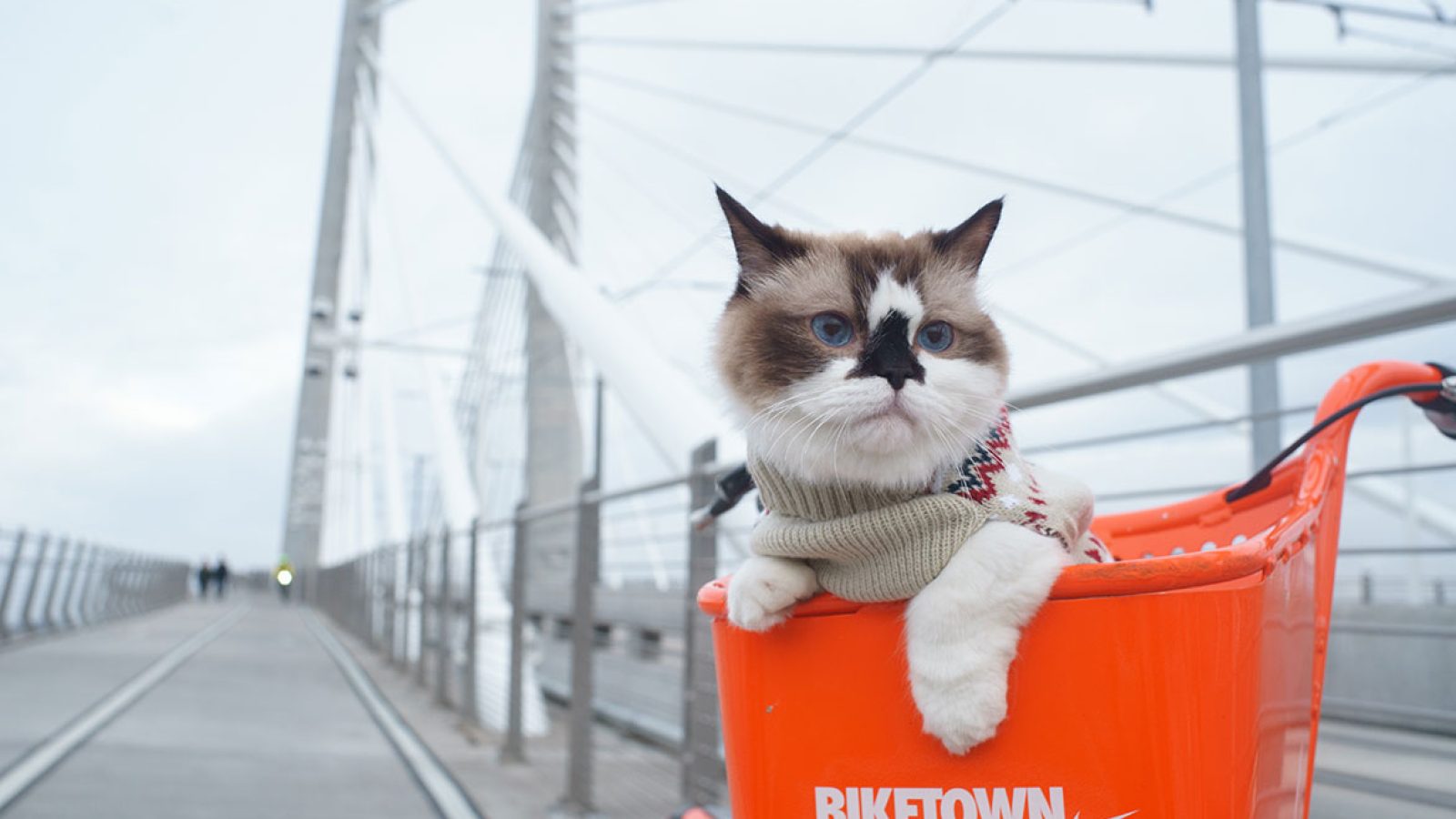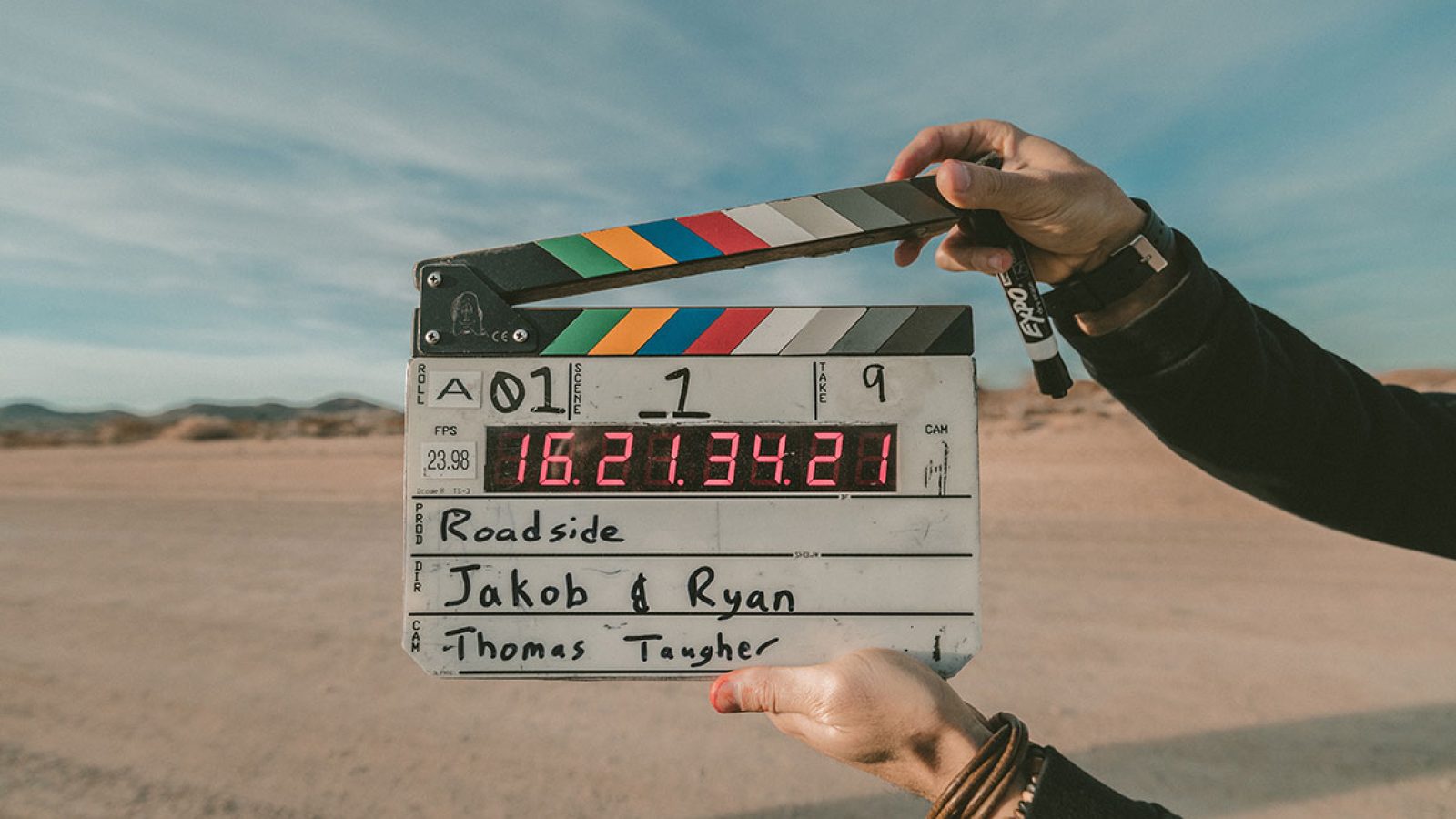Lorem Ipsum Dolor Sit Amet



A As designers we all experience the combative relationship between technical requirements and visual design aspirations. So how do we get these two rowdy children to put down the paintball guns and play nice? Glad you asked. They both want to be your favorite. They both want your attention. So, let’s dive into parenting 101.
In any given project, technical requirements and creative requirements are meant to compliment each other. The visual prowess of your mockup doesn’t matter if it’s a dud from a features standpoint. On the flip side, it can be a technical masterpiece but fail because it’s uninspiring visually. As designers we may favor one over the other. This ‘favoritism’ can be due to:
- The designer’s ability: Designers come in all shapes and sizes. Some are stronger visual designers while others are more effective at managing user experience research. We enjoy doing what we’re good at, and naturally may spend more time on those tasks.
- Client requirements: Clients typically have a desired outcome for their project. Some clients have a large amount of technical requirements in order to accomplish their end goal. Others are much more particular about the nuances of the visual design. Ultimately, client opinions influence how much emphasis is placed on the creative vs. technical aspects of the project.
- Scope restraints: Scope can be a huge factor for how much innovating you can accomplish within a project. We do our best to maximize the most viable areas of the project within the confines of the budget. Balanced amounts of time are needed for UX and UI design.
To manage the delicate equilibrium of your design project, you need to give an equal amount of attention to accomplishing the creative requirements and the technical requirements.
A job well done means that the finished product is both beautiful and functional – and most importantly, meets the client’s requirements along the way.
It is important to outline, organize, and architect the technical requirements early in the project to let them inform the user interface designer as they create page mockups. At Pixies, we front-load our projects with user experience-type deliverables (technical requirements documents, UX research, site maps, low fidelity wireframes) so that our UI designers are well-informed. This allows them to innovate the visual design of these features without fear of misusing the budget.

Throughout the entire project lifecycle there should be checkpoints scheduled for technical, user experience, and user interface specialists to review the design to ensure all requirements are met and that scope creep has not occurred. All technical requirements and creative requirements should be accounted for at the end of the project if the right team members are discussing requirements throughout the process.
Comments on This Post